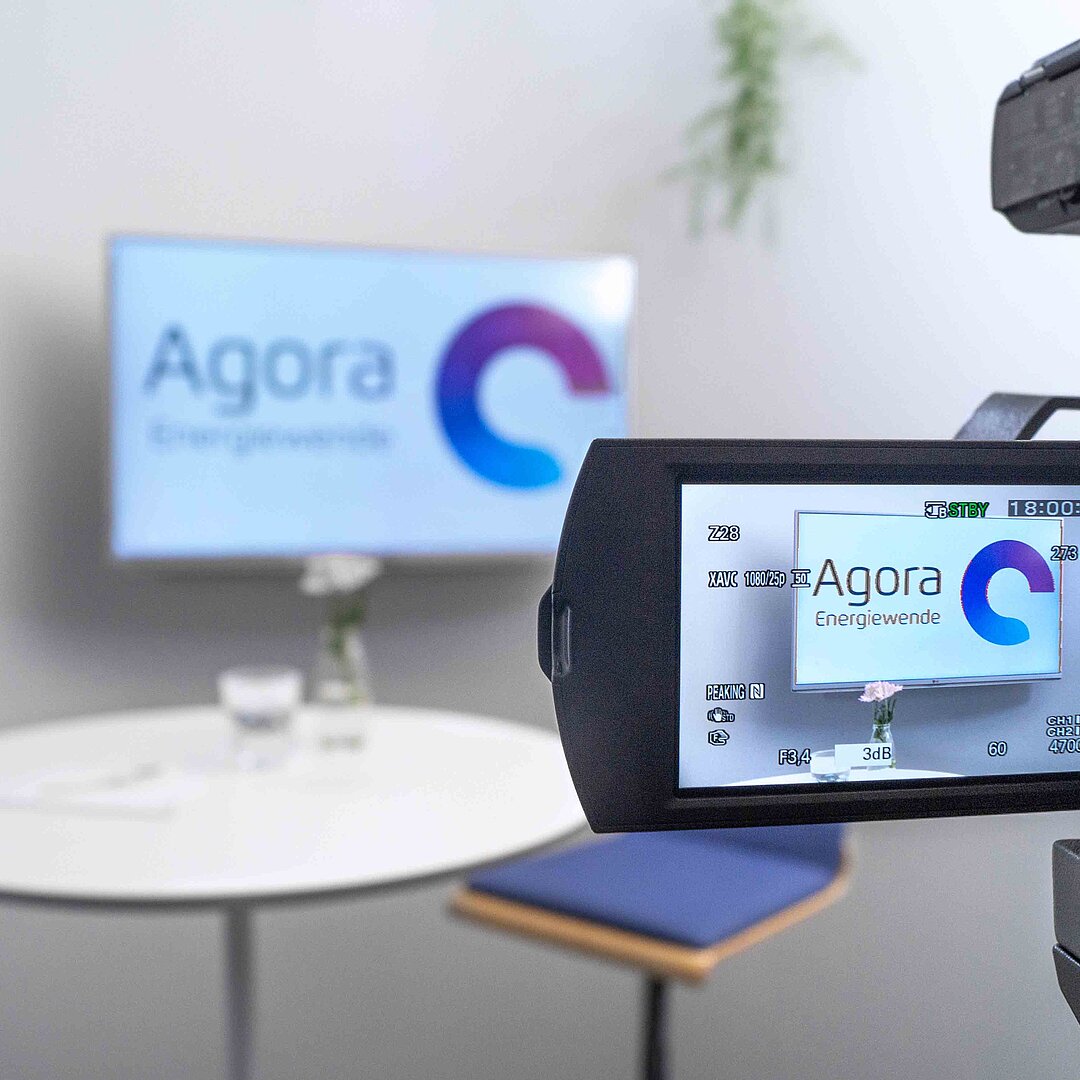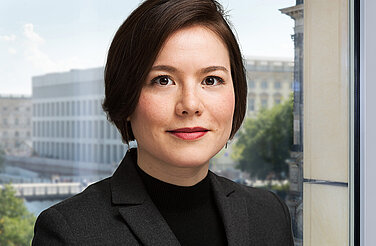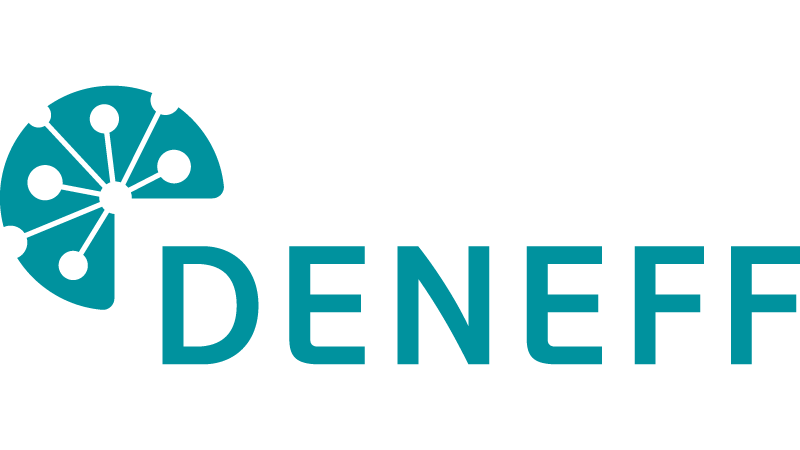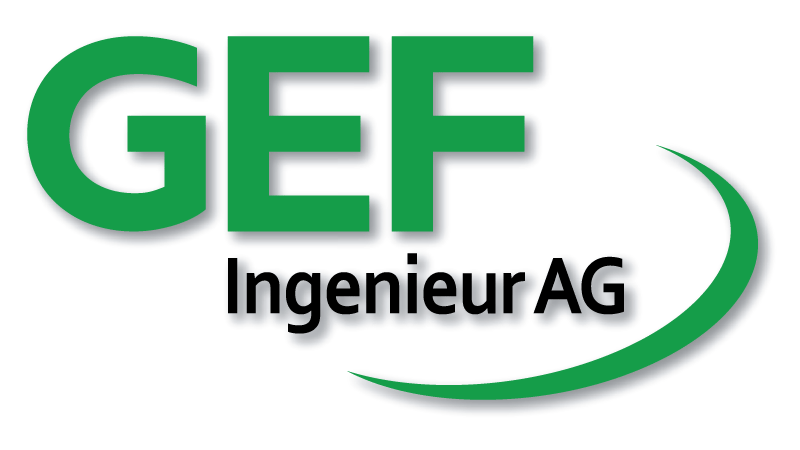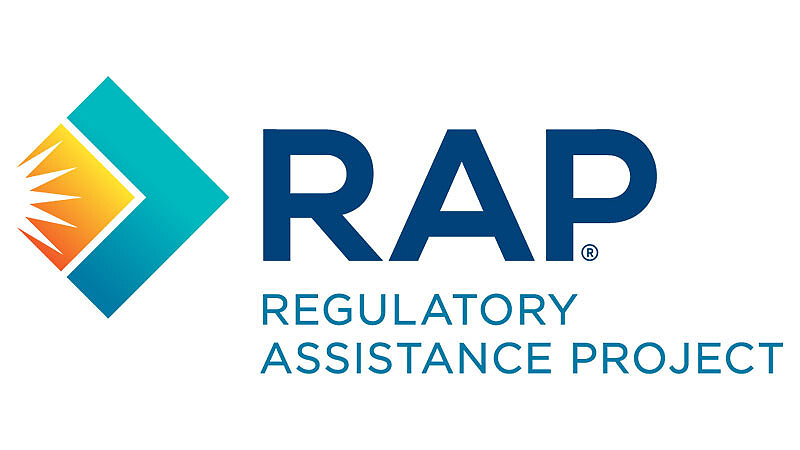This content is also available in: German
Buildings and heat transition
Investments into energy efficiency, heat pumps and green district heating are key to decarbonising the buildings sector.
Achieving climate neutrality in the buildings sector requires the rapid deployment of key technologies as well as energy efficiency improvements. The challenge is stark: nearly all European buildings need to undergo energy-efficiency refurbishment, while fossil fuels remain the dominant source of energy for heating and cooling, both in district heating networks and on-site systems. Furthermore, most building materials used in construction are carbon-intensive, representing a growing share of embodied carbon emissions. Moreover, most buildings in Europe lack the technical systems that would enable a flexible charging of electric vehicles or the flexible operation of heat pumps.
Progress towards climate-neutral building sector hence requires not just one transition, but rather four:
- a building envelope transition to radically improve the energy performance of the building stock;
- a heating and cooling transition to phase out the use of fossil fuels in buildings and heat networks;
- a building materials transition to make recycled, zero-carbon and climate-positive materials the new standard in construction; and
- a smart electrification transition to ensure the societally beneficial and cost-efficient electrification of buildings.
Agora works on each of these transitions in Germany and Europe, often at the intersection of the buildings sector with power, industry, and transport. A particular focus of our work is on accelerating the renovation of the existing building stock, speeding up electrification of heating, including through the roll-out of heat pumps and unlocking the potential of green district heating.



